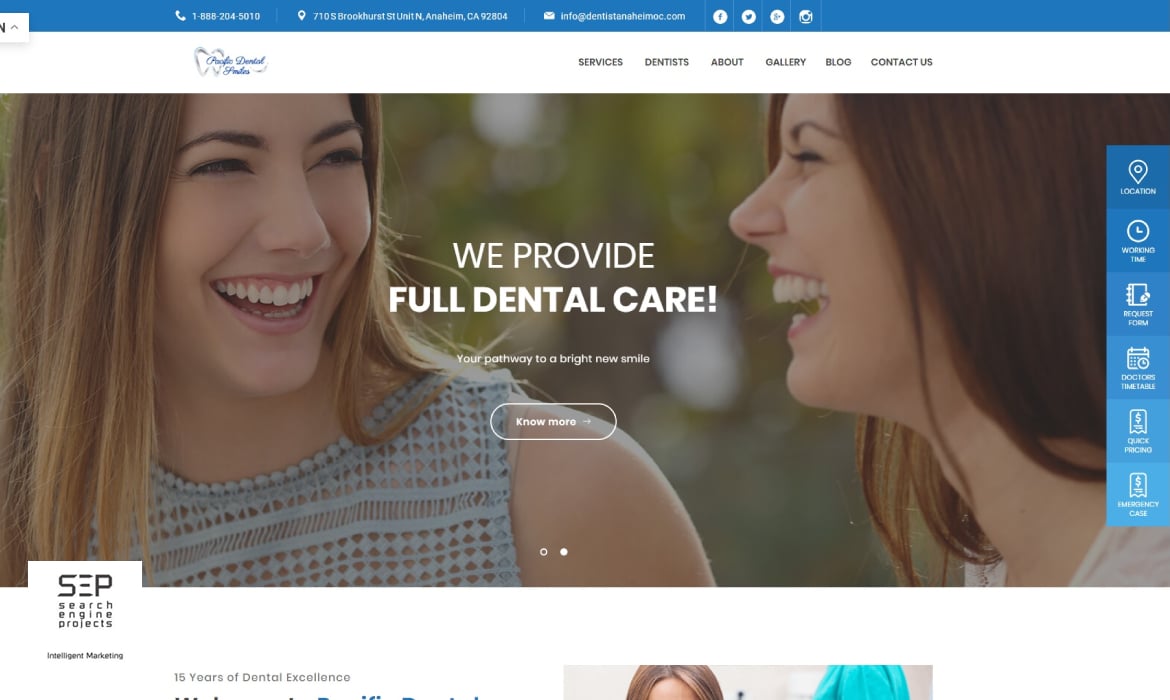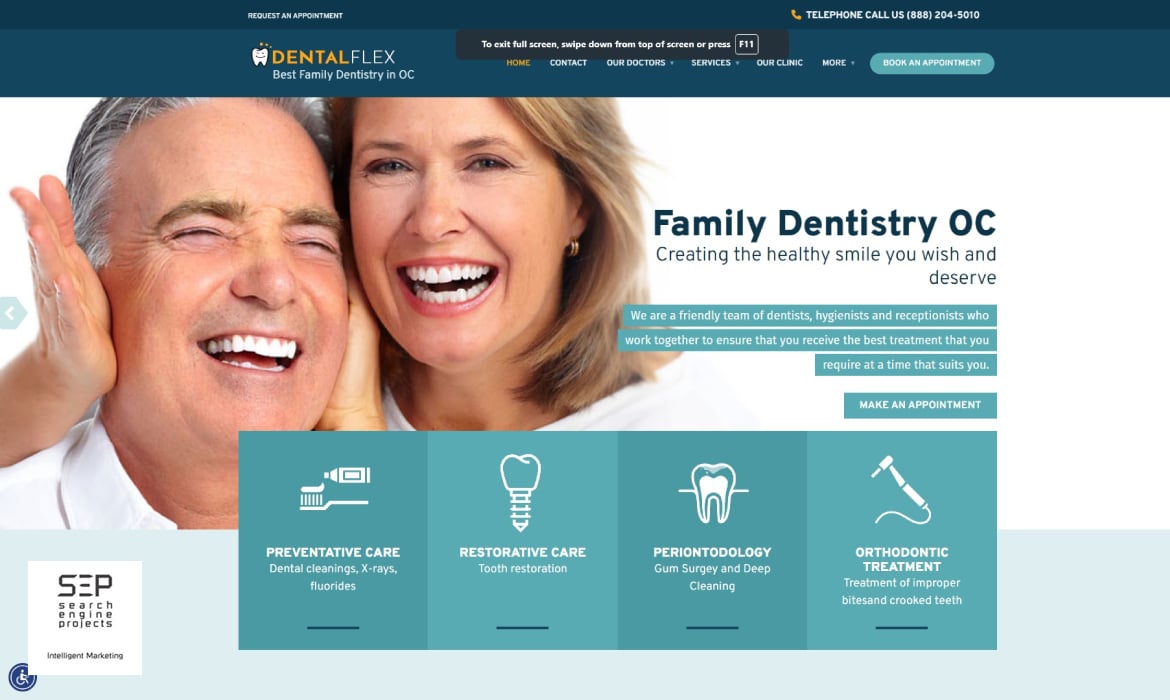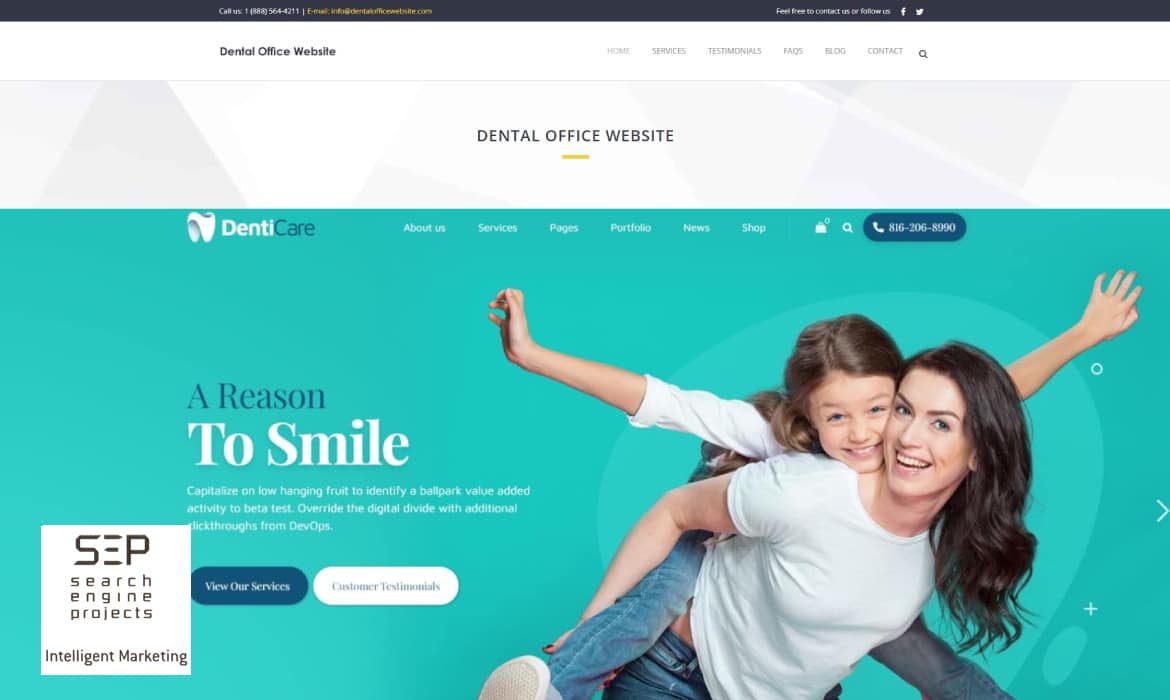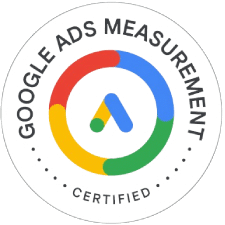The dental industry is highly competitive. In almost every city, multiple practices are offering similar services, from family dentistry to cosmetic procedures. What sets the thriving practices apart isn’t just clinical excellence—it’s effective marketing. Dental practice marketing goes beyond running ads; it’s about crafting a strong brand, building trust with potential patients, nurturing existing ones, and ensuring your community knows exactly why they should choose you.
In this guide, we’ll explore seven proven tips for dental practice marketing, explaining how each contributes to long-term success. At the end, we’ll show how partnering with Search Engine Projects (SEP) can help you implement these strategies at scale.
1. Optimize Local SEO and Online Visibility
Today’s patients look for dental care the same way they shop for restaurants, gyms, or retail stores—through Google searches. If your practice doesn’t appear when someone types “dentist near me” or “teeth cleaning Anaheim,” you’re losing patients to competitors.
How to Strengthen Local SEO:
-
Google Business Profile (GBP) Optimization
Claim your GBP listing and ensure that every field is filled out: business hours, services, photos of your office, accepted insurance, and even staff introductions. Post regular updates (new services, patient education posts, or holiday hours) to keep it active. -
Local Keywords
Use geo-targeted keywords in your website content: “cosmetic dentist in Orange County,” “Anaheim dental implants,” etc. Create location-specific service pages if you have multiple offices. -
Local Citations & Directories
Ensure your practice is listed consistently across Yelp, Healthgrades, Zocdoc, and local chamber of commerce directories. Consistency in NAP (Name, Address, Phone Number) signals trust to Google. -
Encourage Reviews
Reviews play a massive role in SEO. Actively ask happy patients to leave reviews on Google and Yelp. Positive ratings don’t just improve rankings—they directly influence potential patients’ choices.
Why It Matters:
When a new resident in your city searches for a dentist, optimized local SEO ensures you appear in the Google Map Pack—the top three listings under the map. These positions get most of the clicks and phone calls.

2. Build a Professional, User-Friendly Website
Your website is your digital front office. Just as a well-kept reception area builds confidence, a clean, modern, and user-friendly website reassures patients.
What Makes a Dental Website Effective:
-
Mobile-Responsiveness
Most patients will visit your website on their smartphones. A mobile-friendly site ensures they can easily navigate and book appointments. -
Clear Calls to Action (CTAs)
Buttons like “Book Now”, “Schedule Consultation”, or “Call Today” should appear on every page. -
Service Pages That Educate
Instead of just listing “teeth whitening,” explain the process, benefits, and risks, and include before-and-after photos. Patients want reassurance before committing. -
Fast Loading Times
A slow website frustrates visitors and hurts SEO rankings. Optimize images, use reliable hosting, and streamline code. -
Trust Elements
Add testimonials, professional affiliations (ADA, CDA), and photos of your staff. Patients connect more when they see real faces rather than stock images.
Why It Matters:
Your dental website isn’t just a brochure—it’s a conversion tool. A strong design reduces bounce rates and turns curious visitors into booked patients.
3. Develop a Content Strategy and Blogging Routine
Content is the engine that drives SEO and patient trust. Patients often Google questions like “Is Invisalign better than braces?” or “How often should kids see a dentist?” If your website provides the answers, you become their trusted resource.
Content Ideas for Dental Practices:
-
Educational Blog Posts
Write about preventive care, cosmetic procedures, oral health tips, or debunking myths. Example: “10 Foods That Damage Your Teeth Without You Knowing It.” -
Video Content
Post short explainer videos where dentists discuss procedures or share oral hygiene advice. Video ranks well on both Google and YouTube. -
Infographics & Guides
Visual content, like a step-by-step guide to flossing for kids or an infographic comparing whitening options, makes complex information digestible. -
Seasonal & Community Content
Create posts around back-to-school dental checkups, holiday tips, or sponsoring local events.
Why It Matters:
Every blog post or video increases your chances of appearing on Google. Content also positions you as an authority, building trust before a patient even steps into your office.

4. Leverage Social Media and Patient Reviews
Modern marketing is about connection and conversation. Social platforms and reviews are where patients validate their choices.
Social Media Best Practices:
-
Post consistently on Facebook, Instagram, and TikTok.
-
Share before-and-after photos (with patient consent).
-
Highlight staff birthdays, office celebrations, and community involvement.
-
Run educational campaigns like “Tip of the Week.”
-
Use paid social ads for local targeting, e.g., Invisalign promotions within 15 miles of your office.
Reviews and Reputation Management:
-
Ask for Reviews in Person after appointments.
-
Automate Review Requests via email or text.
-
Respond professionally to both positive and negative reviews. Acknowledging feedback shows professionalism and care.
Why It Matters:
Social proof is powerful. Studies show that over 70% of patients read online reviews before choosing a healthcare provider. A steady stream of positive reviews and active social content builds credibility.
5. Conduct Competitor Analysis and Define Your Unique Value Proposition (UVP)
In most cities, patients have many options. Why should they choose you?
Steps to Define Your UVP:
-
Audit Your Competitors
Look at their websites, ads, social media, and reviews. What are they emphasizing? Do they have weaknesses you can exploit? -
Highlight Your Strengths
Do you offer same-day crowns, sedation dentistry, or bilingual staff? Make these visible on your homepage, ads, and social bios. -
Position Your Brand
Are you the “family-friendly dentist,” the “cosmetic expert,” or the “anxiety-free clinic”? Defining this identity helps you stand out.
Why It Matters:
Patients need an apparent reason to choose you. A well-defined UVP turns you from just another dentist into the dentist for me.
6. Track Performance with Analytics and Automation
Marketing without measurement is like drilling a tooth without X-rays—you’re working blind. Data ensures your strategies are effective.
Tools to Use:
-
Google Analytics – Track traffic, bounce rates, and conversions.
-
Google Search Console – Monitor keyword rankings and website performance.
-
Call Tracking – Know which ads or pages generate phone calls.
-
CRM Systems – Automate patient reminders, recall campaigns, and follow-ups.
Key Metrics to Watch:
-
Website visitors per month.
-
How many visitors convert to appointment requests?
-
Which keywords generate the most traffic?
-
Cost per lead from ads.
Why It Matters:
By tracking, you’ll know what works and what doesn’t. This ensures you invest in the proper channels and avoid wasting money.

7. Partner with a Dental Marketing Agency
Many dentists excel clinically but struggle with marketing. Running ads, creating blogs, and managing SEO takes time and expertise. That’s why many practices partner with agencies specializing in dental marketing.
Benefits of Hiring an Agency:
-
Expertise in SEO and PPC
Agencies stay ahead of algorithm changes and trends. -
Professional Web Design
Built for speed, conversions, and compliance with HIPAA standards. -
Content Marketing
Copywriters create polished, persuasive patient education content. -
Scalability
As your practice grows, agencies scale marketing efforts to match.
Why It Matters:
Marketing is not a one-time project; it’s an ongoing process. Agencies ensure your practice stays competitive and continues to grow year after year.
Conclusion: How Search Engine Projects Can Help
The world of dental practice marketing can feel overwhelming—local SEO, content, social media, analytics, and reputation management all demand attention. But when combined strategically, these efforts transform a practice from invisible to unforgettable.
This is where Search Engine Projects comes in.
-
SEP specializes in dental marketing strategies, helping practices attract new patients while strengthening relationships with existing ones.
-
From SEO and PPC campaigns to website design, blogging, and reputation management, their services cover every angle of dental marketing.
-
Their client testimonials highlight real growth: more calls, more appointments, and more long-term patients.
If you want to elevate your dental practice with a proven digital strategy, Search Engine Projects is the partner to trust. They understand the unique challenges of dental practices and provide tailored solutions to help you dominate your local market.
Final Takeaway
Marketing your dental practice isn’t optional—it’s essential. By implementing these seven tips, you position your practice for growth, visibility, and long-term patient loyalty. Whether you handle marketing in-house or partner with experts like SEP, consistency and strategy are the keys to success.












